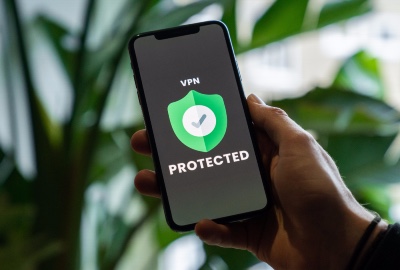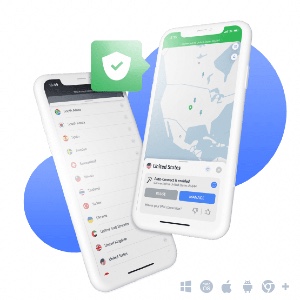Within the world of technology, ‘Internet of Things’ (IoT) devices are known as some of the most vulnerable to hackers’ attacks, both because of the valuable information they collect and the weak security measures they typically have installed. In fact, 1.5 billion attacks occurred against IoT devices within the first six months of 2021 alone, yet according to NordVPN’s research, 25% of users still choose not do anything to protect their IoT devices.

The study revealed that 4 out of 5 Australian IoT users had recently been hacked. For example,
in January of 2019, a West Australian mother noticed a major security breach of her device,
when she saw a stranger’s bedroom on the screen of her baby monitor. However, the most significant IoT attack happened in March of 2021, when a group of hackers gained access to 150,000 of Verkada’s smart security cameras. These security cameras happened to be used inside hospitals, companies, police departments, prisons, and schools. As a result, criminals were able to see videos from women’s health clinics, psychiatric hospitals, Tesla Incorporated and Verkada’s offices.
So Why Do Hackers Love IoT So Much?
IoT devices have the ability to both, collect and send information from one smart device to another. This ranges from increasing a smart lamp’s brightness via a smartphone to controlling a smart camera angle through a PC, from another country. Due to the way IoT devices work, attackers only need to identify a single weak point to gain access to all the other individual devices on the network. While the brightness of a smart lamp may not seem like very sacred information, by hacking the lamp, hackers can gain access to a baby monitor, for example. Recordings of a sleeping child could be valuable data for blackmailing a family.

“The most famous case, when criminals hacked into a very poorly protected IoT device and got
Daniel Markuson- NordVPN
into the whole network through it, was the “fish tank” case. During that attack, hackers stole
10GB of data from a casino in North America by getting control of a smart fish tank. This only
goes to show how creative cybercriminals get nowadays and why we should be more cautious
about it.”
In addition, if an IoT device, like a smart TV, is used for web browsing, it can be also be infected
with various viruses. Like computers, Internet of Things devices run on software, but they
don’t have the same strong antivirus and firewall systems installed. Once the device gets
infected, all passwords, browsing history, and more becomes accessible to hackers. These notorious cybercriminals won’t miss any opportunity to use this information in ransomware attacks, identity theft, or sell it on the dark web.
How to protect the privacy of IoT devices?
Internet of Things devices are indeed useful and fun in this modern world, and certainly help make our lives a lot easier, so don’t ban them from your life completely. Instead here are some ways to protect the privacy of your devices:

- Look into the privacy issues associated with the devices you purchase. Review tech sites that dig into privacy and security issues or buy devices certified by organisations like ioXt.
- Change the passwords. As soon as you set it up, change the default login and password of your smart device. And make sure you use a different one for every account. Use a secure password manager, like NordPass, in case you forget passwords easily.
- Update regularly. Once a month, go over your devices and check to see if there are any updates, or set them to update manually. Updates often include patches for known bugs and security loopholes, so don’t skip them.
- Turn off features you don’t use. Speakers and microphones are not always necessary, but they are very useful in a criminal’s hands. The same goes for the Wi-Fi connection in your fridge and similar features. It’s an unnecessary risk, so consider disabling them.
- Use a VPN to secure your connection. Install a VPN on your Wi-Fi router to protect your whole network with encryption. With a VPN on your router, every device that connects to it will be safe from snoopers and data theft.

About NORDVPN:
NordVPN is the world’s most advanced VPN service provider, and is used by over 14 million internet users worldwide. NordVPN provides double VPN encryption, malware blocking, and Onion Over VPN. The product is user-friendly, offers exceptional prices, has over 5,000 servers in 60 countries worldwide, and is P2P-friendly. One of the key features of NordVPN is the zero-log policy. For more information: nordvpn.com










